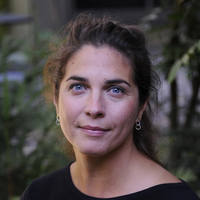Lawniczak Group
Evolutionary genetics
Through our work on Mosquito Vector Population Genomics and on the Malaria Cell Atlas, we aim to improve malaria control while also enhancing our understanding of evolution. Similarly, our work on Insect Biodiversity will build a foundational resource for large scale DNA-based biomonitoring while also revealing new evolutionary dynamics.
We use a variety of genomic tools from short and long read whole genome sequencing to single cell RNAseq to DNA barcoding. Our three research Themes are described in more detail below.
Theme: Mosquito Vector Population Genomics
Species diversity in Anopheles: We are focused on a deeper understanding of diversity in malaria mosquito vectors — in particular, across Africa. We have built the simple amplicon panel ANOSPP that can be used on any Anopheline to diagnose species, identify geographic origin, and determine if the mosquito is positive for Plasmodium parasites and if so, which species — we are always seeking new partners for this project, please check out our project page.
Anopheles funestus population genomics: We lead the Anopheles funestus population genomics project to evaluate diversity and selection in this major malaria vector. This is in collaboration with many scientists across Africa. We are using whole genome sequence data generated from hundreds of specimens collected across Africa to explore population structure, understand selection, and improve the chances for gene drive success in the face of the vast amount of genetic diversity that segregates within African Anopheles species.
Project Neandersquito: To understand how populations have changed over time, we are generating whole genome sequence data from pinned museum specimens of mosquitoes collected over the past century. We do this in a non-destructive way (otherwise curators would never let us touch their collections!).
High quality reference genomes: A good reference genome unlocks huge potential towards the study of an organism, and technology now makes this possible using single small insects. With support from the Bill and Melinda Gates Foundation, we have generated high quality reference genomes for over ten understudied Anopheles vector species around the world using long-read and long-range sequencing technologies. This project remains open to produce more reference genomes for the community — please get in touch if your Anopheles species needs a high quality reference genome.
Theme: Transmission biology of Plasmodium falciparum
Malaria Cell Atlas: We have pioneered the application of single cell transcriptional approaches to investigate individual Plasmodium parasites. We have created the Malaria Cell Atlas, which is freely available and interactive and displays how any gene is expressed at any point across the entire life cycle of parasites for multiple Plasmodium species. We use the nucleotide variants from the transcriptional data to assign a genetic identity to each cell, and thereby we are deconvolving natural mixed infections for the first time. We are now working in collaboration with scientists in Mali to incorporate wild parasites from P. falciparum, P. malariae, and P. ovale into our atlas.
Transmission Dynamics: We are using single cell RNAseq to to study the behavior of P. falciparum parasites from natural infections. How do malaria parasites behave inside of the human host to enhance their probability of transmission? In particular, using single cell approaches, we are interrogating the relationship of the asexual to sexual parasites in a given infection (are all asexual parasites contributing to the transmission pool?), and studying whether parasites mate non-randomly inside the mosquito. This project is funded by the Medical Research Council.
All areas of our research on mosquitoes and parasites are focused on a deep evolutionary understanding of these interesting yet deadly organisms, and ultimately our research and the data we generate will help to implement new methods of control, including gene drive and transmission blocking strategies that aim to stop malaria.
Theme: Biodiversity Genomics
DToL: We are heavily involved in the Darwin Tree of Life Project, which is generating reference genomes for all described British eukaryotic species.
BIOSCAN for Flying Insects: The BIOSCAN project is using simple DNA barcoding to study insect species diversity and species interactions across the UK for 1 million insects over five years. Through our partners, we have 100 sites across the UK using Malaise traps on a monthly basis to passively collect insects so we can study how species diversity and species interactions change through space and time.
Hoverfly population genomics: Insects collected as part of BIOSCAN are an amazing resource to further study population genomics. We are exploring population structure and genome structure of hoverflies that exhibit different migratory behavior using linked and long reads. Over time, we will extend these approaches to other hyperdiverse Diptera families collected through the BIOSCAN initiative.
Core team
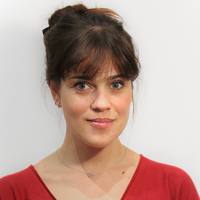
Dr Clothilde Chenal
Postdoctoral Fellow

Dr Sunil Kumar Dogga
Postdoctoral Fellow
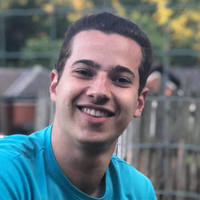
Amjad Khalaf
PhD Student

Dr Seri Kitada
PhD Student

Dr Petra Korlevic
Staff Scientist

Dr Alex Makunin
Computational Staff Scientist
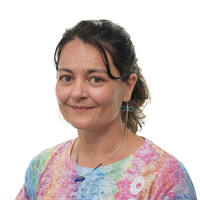
Dr Lyndall Pereira da Conceicoa
Samples and Partner Relationship Manager

Dr Francis Isidore Garcia Totanes
Technical Specialist

Mr Martin Gorry Wagah
PhD Student

Dr Alicja Witwicka
Postdoctoral Fellow
Previous core team members
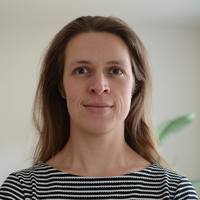
Marilou Boddé
Postdoctoral Fellow

Dr Physilia Chua
Postdoctoral Fellow
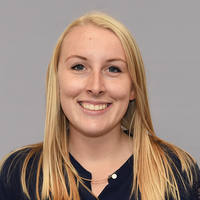
Juliana Cudini
PhD Student

Mr Cameron Robert Ferguson
Research Assistant

Dr Virginia Muriel Howick
Postdoctoral Fellow
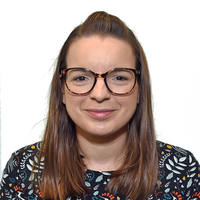
Dr Harriet F Johnson
Advanced Research Assistant
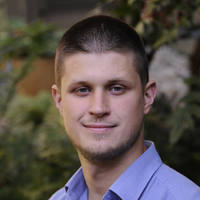
Dr Krzysztof Kozak
Postdoctoral Fellow
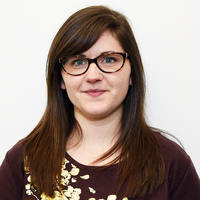
Miss Katie Love
Advanced Research Assistant
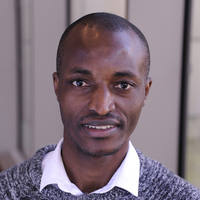
Charles Mulamba
Staff Scientist

Dr Silvain Pinaud
Postdoctoral Fellow
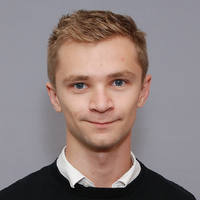
Andrew J C Russell
PhD Student
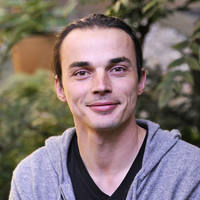
Dr Arthur M Talman
Postdoctoral Fellow
Associated research
Related groups
Partners
We are funded by the MRC,the Bill and Melinda Gates Foundation, and Wellcome.
External
